
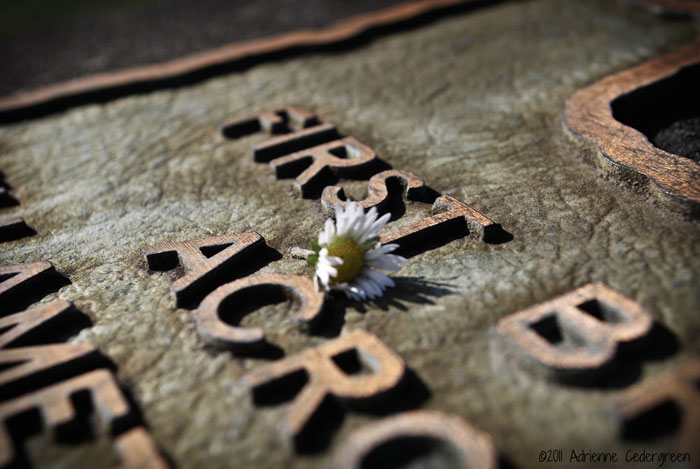


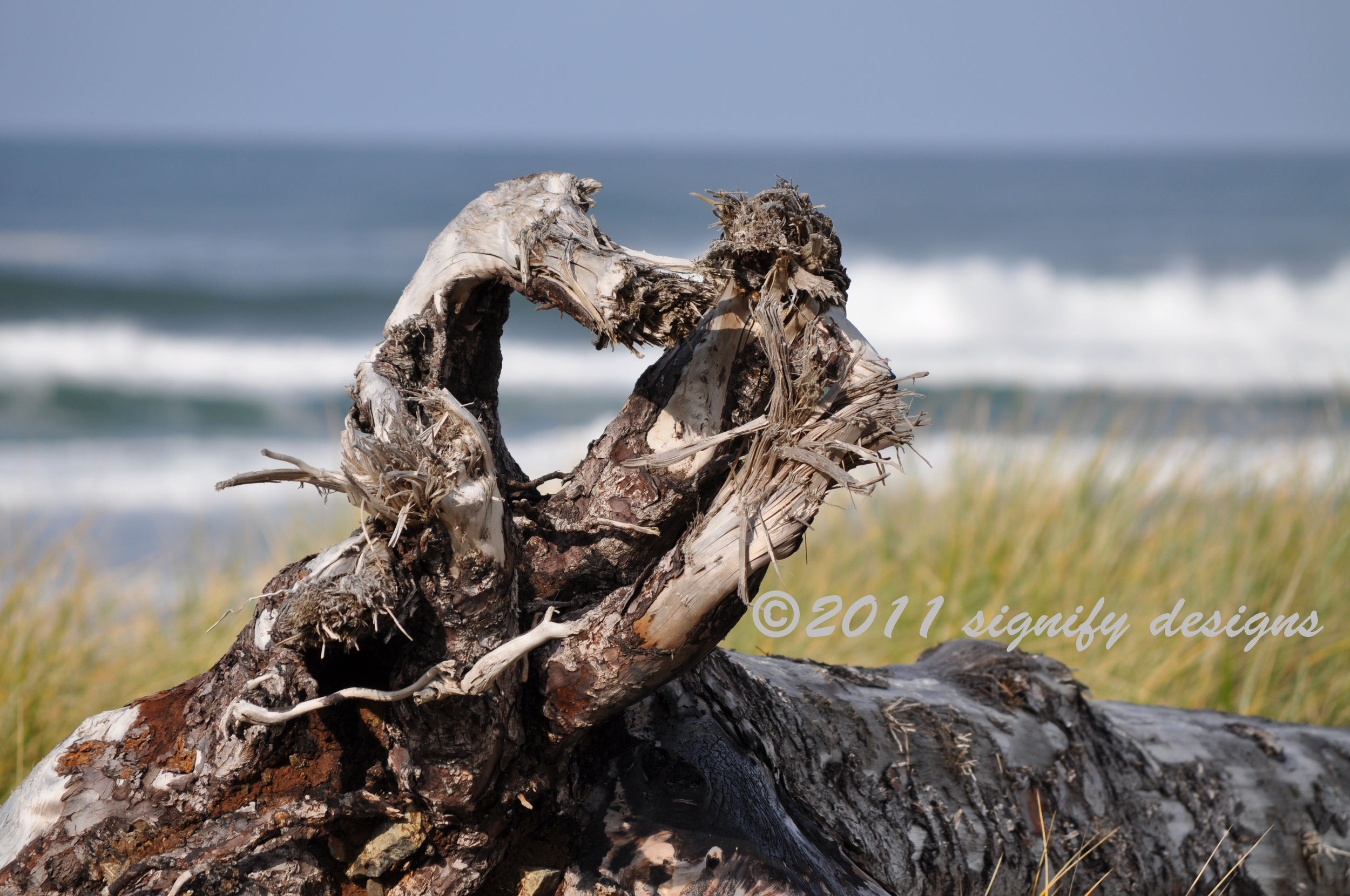

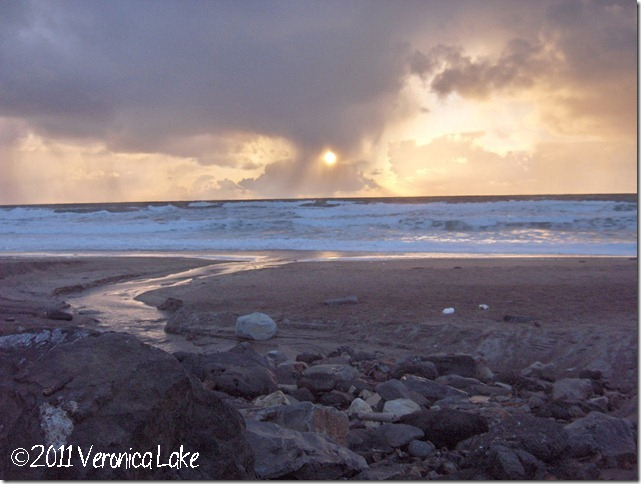



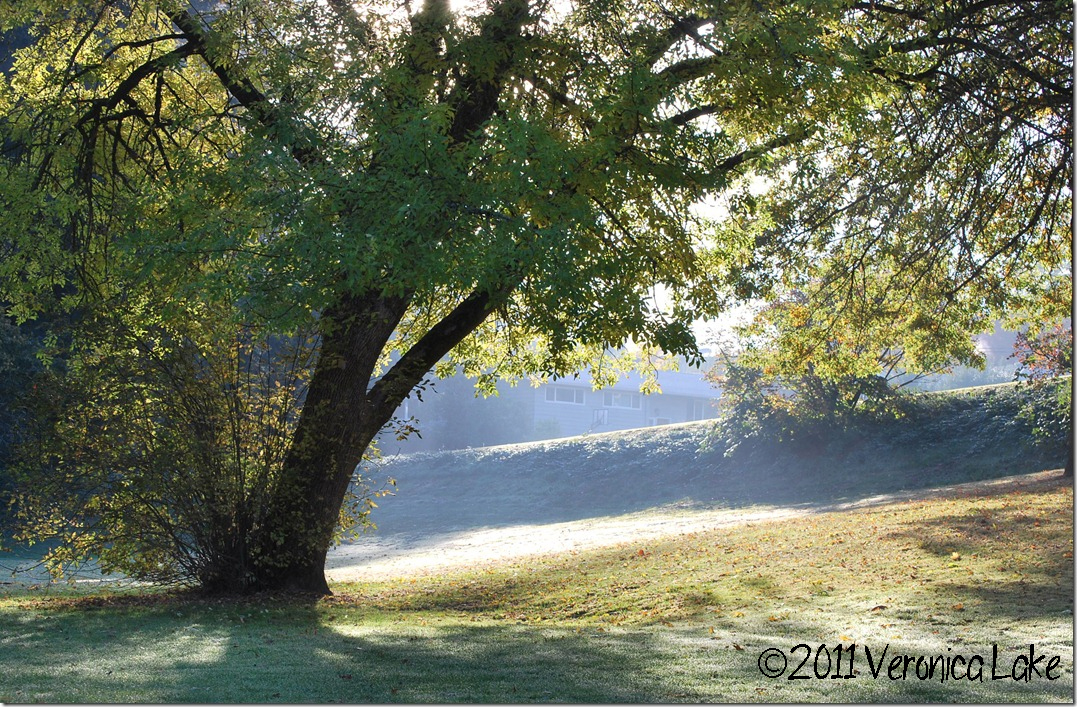



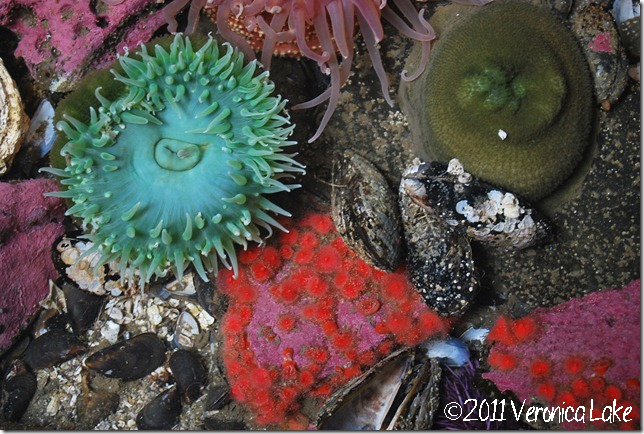







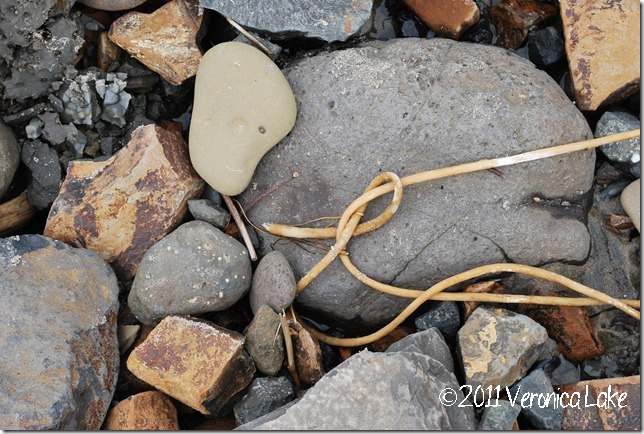
God in the Ordinary Photography Project
The request
This project was planned as a discipleship project for photographers. We wanted to encourage people to look for God daily and to use their cameras as tools for worship. The secondary goal was to begin to "disciple the eyes" of the congregation by sharing the images beside an explanation of what each photographer saw.
The Project
Everyone, regardless of skill level, who wanted to participate was invited to do so. We started by requiring all interested participants to read the excellent article by Richard J. Vincent reprinted below with permission (the original can be found here). Then we gave photographers a month to look for God and take His picture. Twelve images were enlarged to poster size and hung in the sanctuary. The rest were enlarged by the photographers to their own specifications (but not smaller than 11x14) and hung in the lobby and main hallways. All photographs were exhibited with an explanation that related it to the theme. Some of the results (used with permission) are cycling through the slideshow in the banner above.
Transforming Presence: Knowing God in the Ordinary by Richard J. Vincent
In your opinion, what is the greatest and most comforting promise that God gives in Holy Scripture? I believe that God's greatest promise is this: "I will be with you always." Or, stated negatively, "I will never leave you nor forsake you." At the core of every covenant God establishes with human beings are the words, "I will be your God and you will be my people." The marital vows a couple repeats in a wedding ceremony echo this great commitment. By entering into covenant with God, we come to possess God and God possesses us. Like the passionate lovers in Song of Solomon we rest in the security that "My beloved is mine and I am his."
God has never promised to give us answers to every question or provide us with a life of ease or comfort. But God has promised to be with us in all our confusion, trials, and sorrows. His presence is more precious than all the answers to every possible question (assuming we could understand God's answers in the first place). God gives us the greatest gift possible - God's favorable and faithful presence!
Our daily challenge as Christians is to live in light of this great truth! It is one thing to intellectually assent to this truth; it is another thing altogether to experience it as a regular part of one's life. If we are not careful, we who believe in God can be guilty of "practical atheism" - believing God's truth in theory, but in practice, living as if God's truth was irrelevant.
Because of our tendency to theorize rather than apply, I put forward a challenge: What if we were to live as if God were present in every place in all situations - always seeking our good and his glory? Wouldn't this transform everything - every moment, every activity, every encounter with others? Wouldn't this completely change our perspective? Wouldn't this impact the time we spend together as we recall our Lord's promise that "where two or three are gathered together, there I am in the midst"?
I believe that a conscious, intentional, and consistent attempt to live as if God were present in every place in all situations would do nothing less than completely transform our lives! Brother Lawrence, the 17th century monk who served for forty years as cook and then, because of an injury, as shoe-repairman for his Carmelite brethren, believed this as well. He considered "the practice of the presence of God' - the discipline of remaining conscious of God's presence at all times - to be at the center of authentic Christian spirituality.
The doctrine of God's omnipresence states that God is present in all his fullness at all times and all places. Better yet, we are present to God at all times and in all places. The reality of God's presence is available for all people. Sadly, in our world the absence of God is natural and the presence of God is a thing that must be practiced. Because of this, we need to awaken to this reality. We need to discipline ourselves to make ourselves more aware of God's favorable and faithful presence.
In this article, my goal is not to provide insight on how to practice the presence of God (that will be the subject of a later article). For now, my only goal is to stir your heart to desire to begin this simple practice by presenting a vision of what a life lived in the presence of God might look like. I believe that this way of life - simple, yet difficult - is extremely attractive and exceptionally alluring when one reflects at length upon it.
God in All Things
If we lived in light of God's presence we would see God in everything. Every aspect of life would be transformed.
The secular would become sacred in the presence of God. The distinction between one's "spiritual life" and one's "secular life" would evaporate completely. Everything would become charged with the grandeur of God. Common dualistic divides would lose their significance - the ordinary would become super-ordinary, the natural supernatural, the physical spiritual, and the secular sacred. The world would become aflame with glory. Childlike wonder would be restored. Everything would become new, full of mystery and possibility. The tedious boredom of secularization would be replaced by the fresh excitement of the sacramental possibilities of all creation.
The small would become great in the presence of God. We would realize that there are no trivial things in the sight of God. We must constantly beware of the dangerous tendency we have to believe God only works in big events, big churches, and big programs with big leaders. All deeds - great and small, big or little - done for God are eternally significant. As many prominent saints have noted in the past, God is not looking for great deeds, but small deeds done with great love. If we awaken to God's presence in all things we will discover countless opportunities to minister to others - a smiling face that ministers grace, a kind and encouraging word at the right time, slowing down to listen (really listen) to others. All these things and more can make the difference between joy and despair, healing or hurting, heaven or hell. Ultimately, everything in relationship to God's greatness and glory is "small." Since we really can only do small things, we should do them with great faith and great love in the presence of God, and in doing so, the small things become great!
When we see God in everything, we discover that there are truly no wasted moments in life. God can be known in all aspects of life and not merely in our morning "devotional exercises." Too often, we confine God into a small area of our life labeled "devotions" - usually a short time of reading Scripture. Sadly, our 7-minute devotions are often used to unintentionally (and perhaps even unconsciously) neglect God for the remainder of the day. When we see God in everything, our encounters with God broaden beyond morning (or afternoon or evening) devotions.
When we see God in everything, we expect to meet - to hear, to experience, to touch - God in everything. Where do you expect to meet with God? Many Christians assume that God's only means of revelation is the Bible and thus the only real place to meet God is through Bible study. But God loves to reveal himself. Sacred scripture itself speaks of other means through which God reveals himself.
God reveals himself through creation. "The heavens declare the glory of God, the firmament proclaims his handiwork" (Psalm 19:1). The angels around God's throne constantly cry out, "Holy, Holy, Holy, is the LORD of hosts, the whole earth is full of His glory" (Isaiah 6:3). Creation reveals truth about God's glory, wisdom, goodness and holiness.
God reveals himself through human beings - image-bearers of God. All human beings - Christian or nonChristian - are able to communicate important truth about God. No other creature reflects God as greatly as human beings. Even the most depraved human still bears the image of God, however dimly. How much more those who are in the process of being transformed from glory to glory into the likeness of Christ? (cf. 2 Corinthians 3:18)
God reveals himself through providence - a big theological word that simply states that God meets us through the ordinary routines of daily living. Ronald Rolheiser labels providence, "God's conspiracy of accidents." All things - the good and the bad alike, including interruptions, irritations, delays, unexpected events, etc. - can be means through which we experience God, for God is always present.
Finally, God reveals himself fully and finally in the personal revelation found in Christ Jesus. The Spirit of God intimately manifests the presence of Christ to us so that the resurrected Christ meets us and transforms us. There is absolutely no place in all creation where God's presence cannot be known.
There is no excuse. God's presence can be practiced anywhere precisely because God is present everywhere, working all things together for your good and his glory! Living in light of this great reality is vitally important. Why? Because most of life is ordinary, primarily consisting of sleeping, eating, working, walking, sitting, and other mundane matters. If God cannot be known in the ordinary, then God will be unknown and unavailable throughout most of our earthly existence! Whether in the quiet or the chaos, the mundane or the ecstatic, our entire lives can be the context in which we experience God's transforming presence.
God in the Present Moment
If we lived in light of God's presence we would fully live in the present moment. There is really only one point in time that we have to truly meet God and that moment is the present! Living in the past or worrying about the future takes us away from God's presence in the present. Focusing on the past leads to discouragement - we've all failed. Thoughts about the future lead to anxiety and fear - we have no idea what to expect. It is right now - at this very moment - that eternity intersects with the present, transforming the moment into holy history!
"By believing that God is actively involved in our daily lives, we can let go of our worries and anxieties about the future and live for God in the present moment, a moment filled with his presence and with the possibility of growing in his likeness." (Anthony Coniaris, God and You: Person to Person, p.46)
We miss God's work in the present by preoccupation with the past or with the future. When you are around someone who is obviously preoccupied with other matters, you feel insignificant, unimportant. Your presence is not appreciated. You feel slighted and irritated. Your frustration would be greater if you weren't so guilty of this yourself. Many times in the past, you have been preoccupied as well - whether with yourself, the future, the past, distractions, or an endless variety of other things - and missed out on the joy of the present. You could not enjoy or appreciate your present company. You missed out on a great opportunity to experience another because of your unwillingness to live in the moment.
We often look for God's will in a crystal ball forecasting the future, but it is this very moment that holds the will of God for us! Here is where God wants you to meet him, love him, and love others! Right now is the time God seeks to transform you into his likeness! This very moment is when God is actively involved in your life! Like children, we must be fully present in the moment if we are to encounter eternity. Only when the present moment is treasured as infinitely valuable is it plundered for all its possibilities, rather than taken for granted and ultimately, lost for eternity.
When we fully live in the present moment, God's presence gives us joy in our present duties, no matter how tedious they are. I would not enjoy digging a ditch, but I would have a great time digging a ditch with John Petrucci, lead guitarist for Dream Theater. (If that doesn't "do it" for you, then substitute any name you like in the sentence above.) How much more does God's presence in the most mundane duties transform the tedious into the glorious - boredom into joy? Brother Lawrence, who was a cook for most of his monastic life, demonstrates such joy in his writings:
"Possessed thus entirely with the greatness and the majesty of this infinite Being, I went straightway to the place that duty had marked out for me - the kitchen."
"And it is not necessary," Brother Lawrence continued, "to have great things to do. I turn my little omelette in the pan for the love of God; when it is finished, if I have nothing to do, I prostrate myself on the ground and adore my God, Who gave me the grace to make it, after which I arise, more content than a king. When I cannot do anything else, it is enough for me to have lifted a straw from the earth for the love of God."
The Possibility of Ceaseless Prayer
If we lived in light of God's presence our very lives would become embodied prayer. The Bible calls us to "pray continually" by engaging in "ceaseless prayer." The goal of prayer is communion with God. Ceaseless prayer is nothing more than constant communion with God - living all life in the presence of God! When viewed in this manner, prayer is no longer limited to quiet moments with hands folded and eyes closed. We can speak regularly with God for God is always present. We can practice colloquy - shifting all our self-talk to God rather than to the self. This practice changes our perspective and our heart, transforming our lives in the process.
A Call to Authentic Spirituality
Practicing the presence of God is at the heart of true spirituality. "To be spiritual is to take seriously our consciousness of God's presence and to live in such a way that the presence of God is central in all that we do" (Howard Rice, Reformed Spirituality p.46). We are called to know God, not just know about God; to know God - not just know the Bible; to experience God, not just analyze God like a specimen in a laboratory! We are his rescued Bride ravished by the love of the Bridegroom, not museum curators preserving the relics of a dead past. Jesus is alive and present. Our task is to awaken to this truth and live life in light of this great reality.
We are called to walk with God - to live entire lives in His presence. Those who profess belief in God should not hide from God's presence like Adam in the Garden, but should seek to dwell in the light of God's glory, presence, and blessing. Ultimately, this way of life is not novel. God's people have always practiced the presence of God:
"Enoch walked with God" (Gen. 5:24)
"Noah walked with God" (Gen. 6:9)
"Surely Yahweh is in this place, and I (Jacob) did not know it" (Gen. 28:16)
"Moses endured, as seeing Him who is invisible" (Heb. 11:27)
"I (David) have set the Lord always before me" (Psalm 16:8; 139:7-12)
"We look not at things which are seen" (Paul, 2 Cor. 4:18; cf. 2 Tim. 4:1-2)
We need to rethink faith. Faith is not having "the facts down" but trusting a Person. Faith is not certainty of knowledge but a way of seeing things: "We walk by faith and not by sight" (2 Cor. 5:7). By faith, we walk with Jesus, our Emmanuel, "God with us." Nothing less than this truly represents the Christian faith. If we know all theology, but don't seek this experiential awareness of God, what have we got? Propositions, but not a person; laws, but not love; religion, but no relationship.
God is not an abstract principle or proposition, but a person. God is meant to be known personally - in dynamic, living, experiential communion - and not simply through the intellect. God's greatest promise is the gift of his faithful and favorable presence. Our participation in this great reality should be our greatest pursuit. For if we possess God we possess everything! What greater gift could God give us than himself? Anything else would be inferior. A lover does not ultimately want gifts from her beloved. A lover desires the beloved himself.
Finally, our commitment to practicing God's presence personally and corporately is vital to authentic church growth. Even more, unless we are people of God's presence our church will be deemed irrelevant by spiritual seekers. Ira Groff strikes the perfect balance: "If the church doesn't reach out to the community, people won't come. But if people come into our churches and don't sense the presence of God, they're not going to return" (Ira Groff, The Soul of Tomorrow's Church, p.13).
A conscious, intentional, and persistent pursuit of the faithful and favorable presence of God distinguishes God's people from the rest of the world. Yahweh promised Moses that "My Presence will go with you, and I will give you rest" (Exodus 33:14). Upon hearing this promise, Moses uttered the same prayer that we should pray regularly, "If your Presence does not go with us, do not send us up from here. How will anyone know that you are pleased with me and with your people unless you go with us? What else will distinguish me and your people from all the other people on the face of the earth?" (Exodus 33:15-16).
Conclusion
Practicing the presence of God is simple, yet difficult. The theory is simple enough; it is perseverance in the practice that is difficult. It demands that we value the kind of life that results from living in light of God's presence enough to pursue it with passionate commitment. Brother Lawrence wasn't a genius, or a scholar - he was a simple cook. He spent most of his life in a monastery performing simple acts. Yet, over three hundred years later, his influence is still felt today. The same could be true of us, if we choose to awaken to the Transforming Presence that pervades our lives and calls us to discover glory in the ordinary.
"We may ignore, but we can nowhere evade, the presence of God. the world is crowded with Him. He walks everywhere incognitio. And the incognito is not always easy to penetrate. The real labor is to remember to attend. In fact to come awake. Still more to remain awake." - C. S. Lewis, Letters to Malcolm, p.75.
© Richard J. Vincent, 2004
